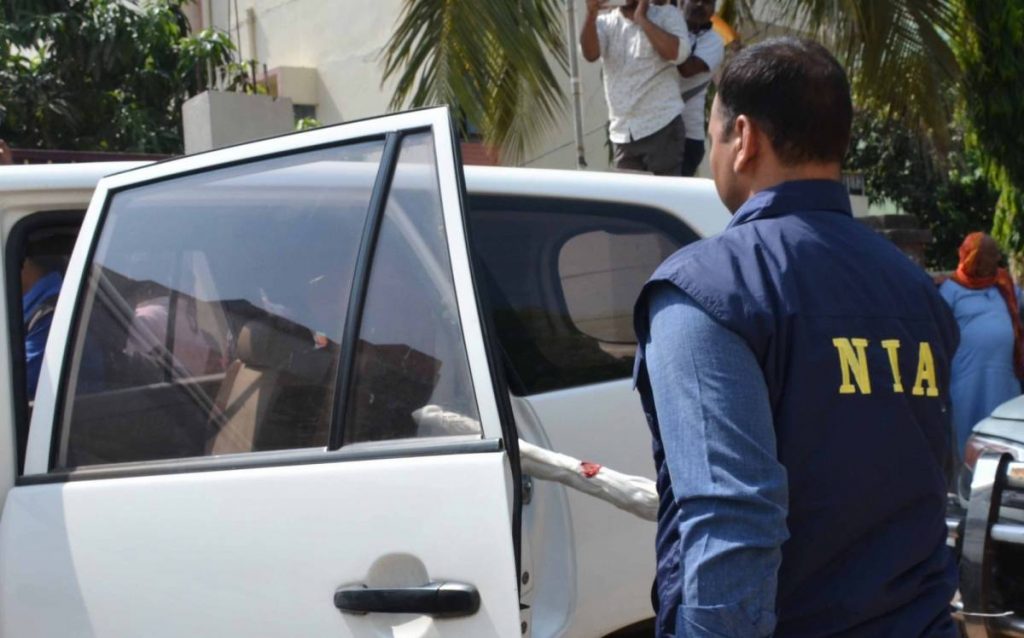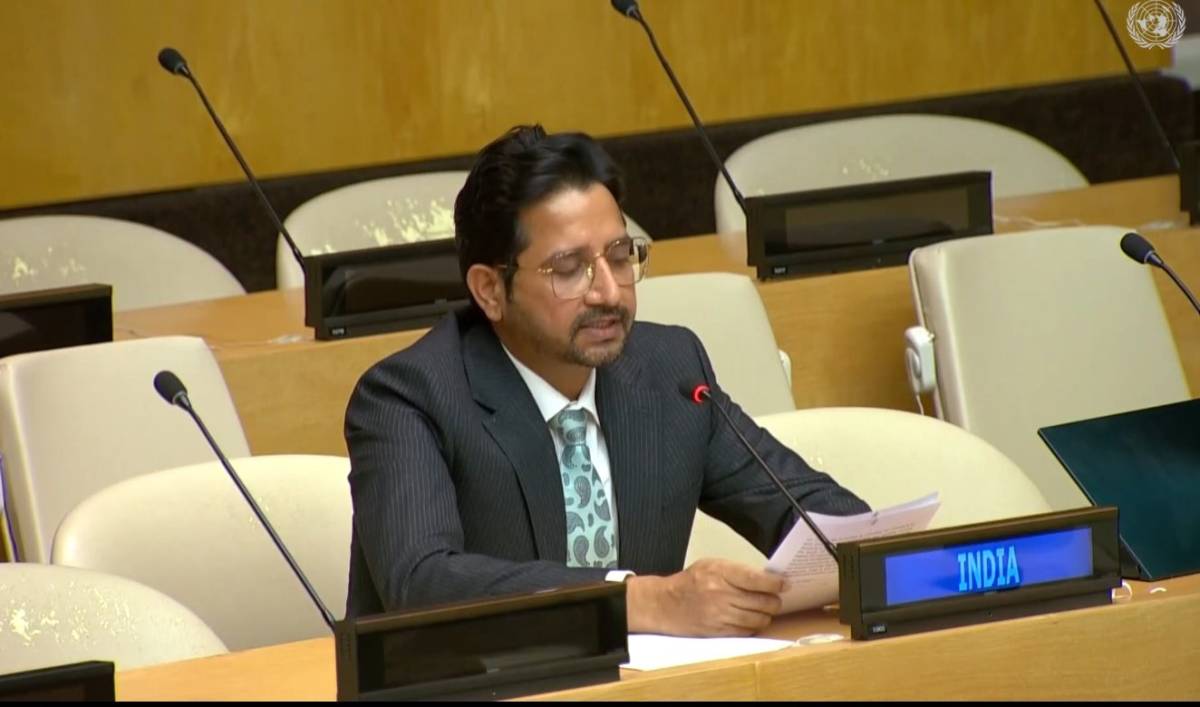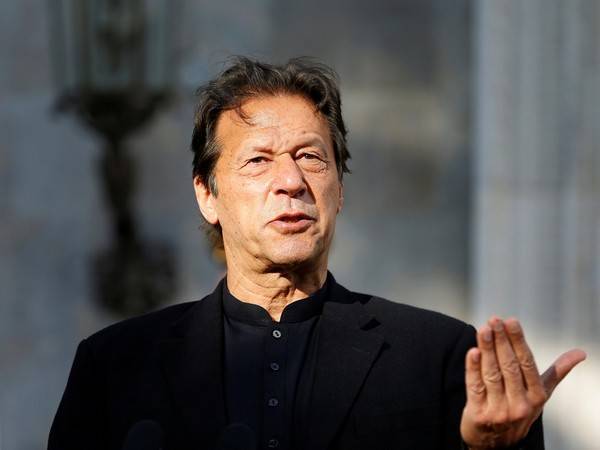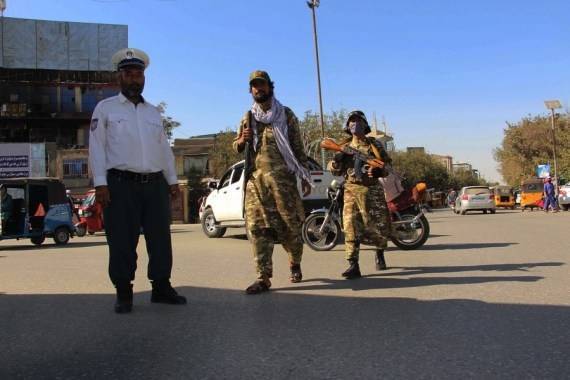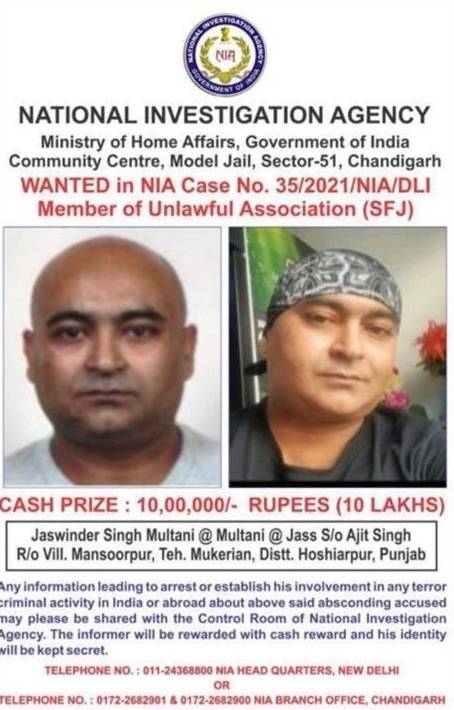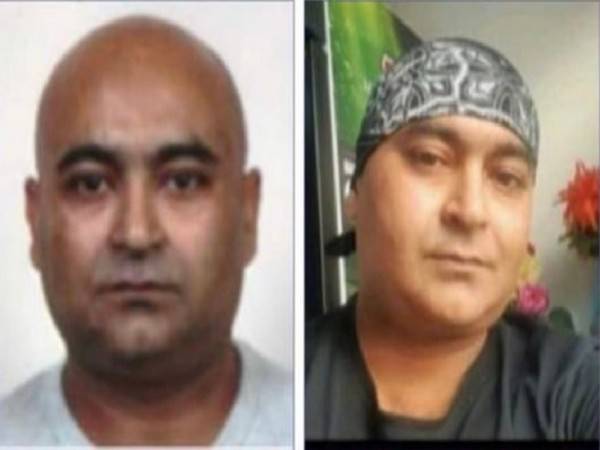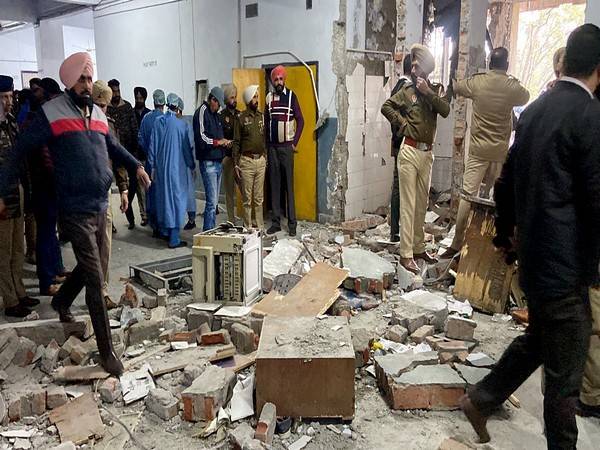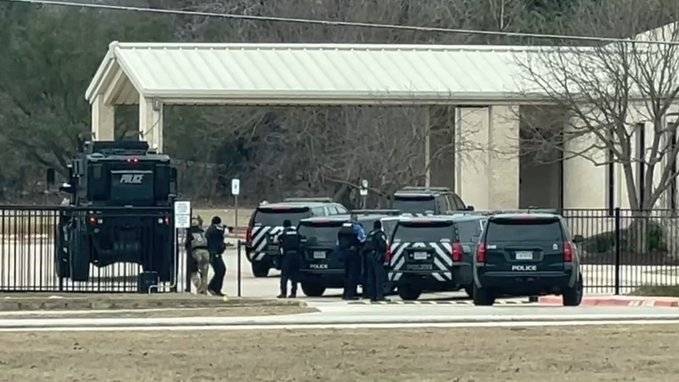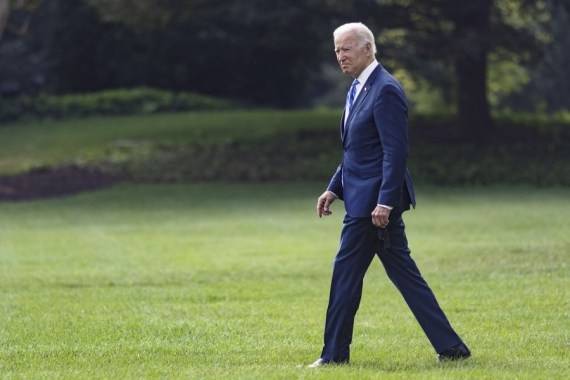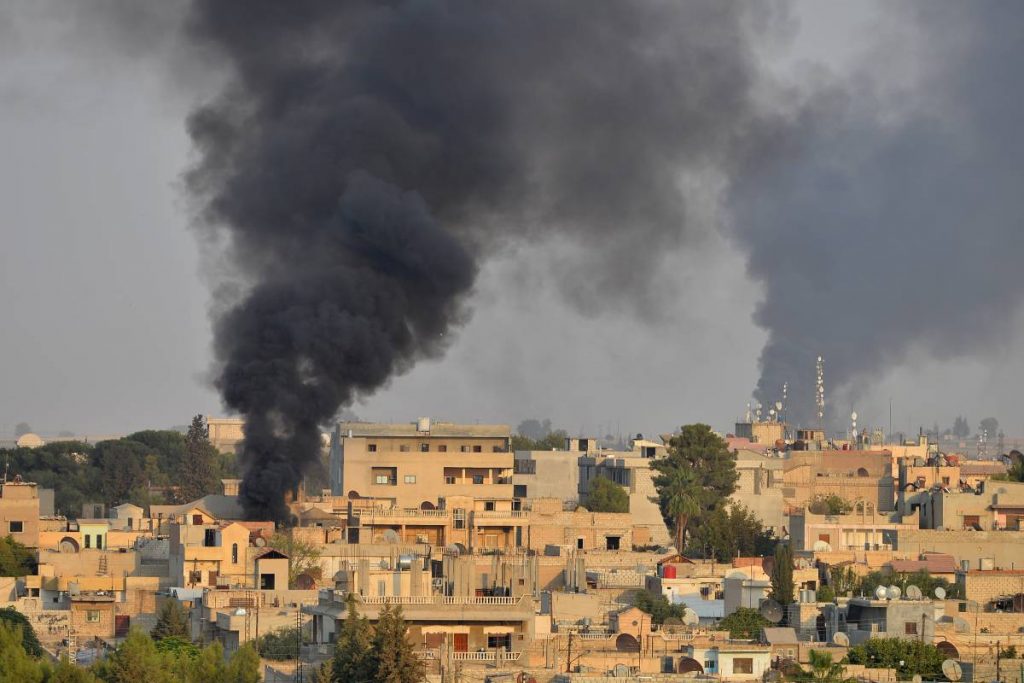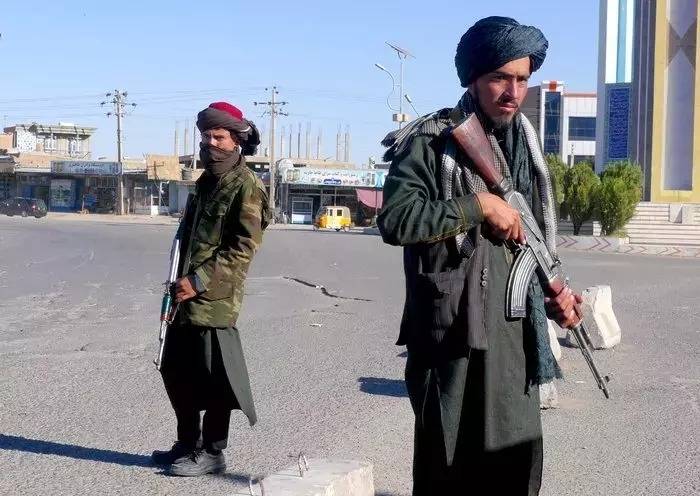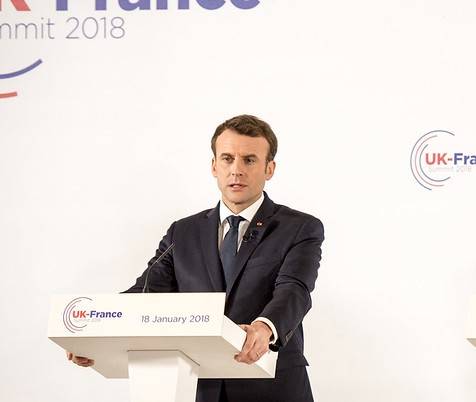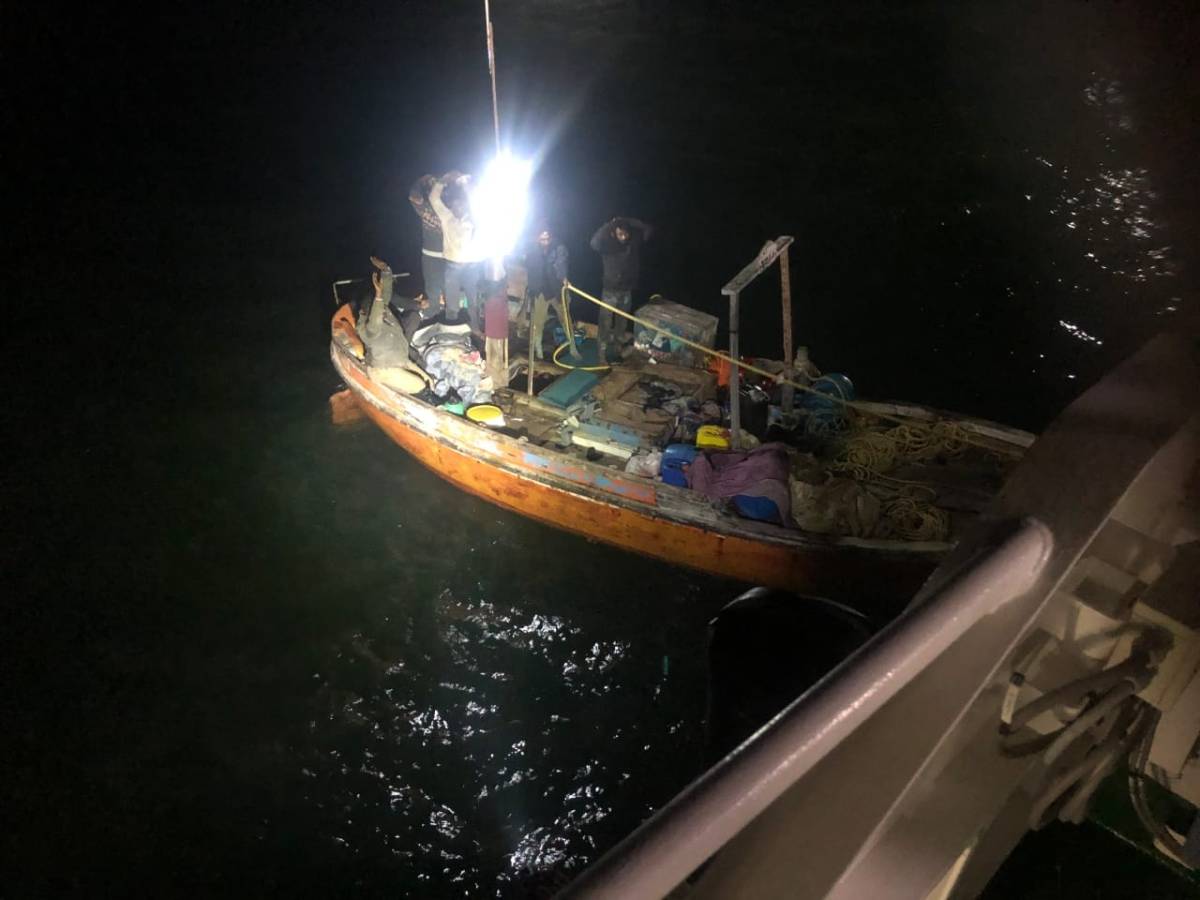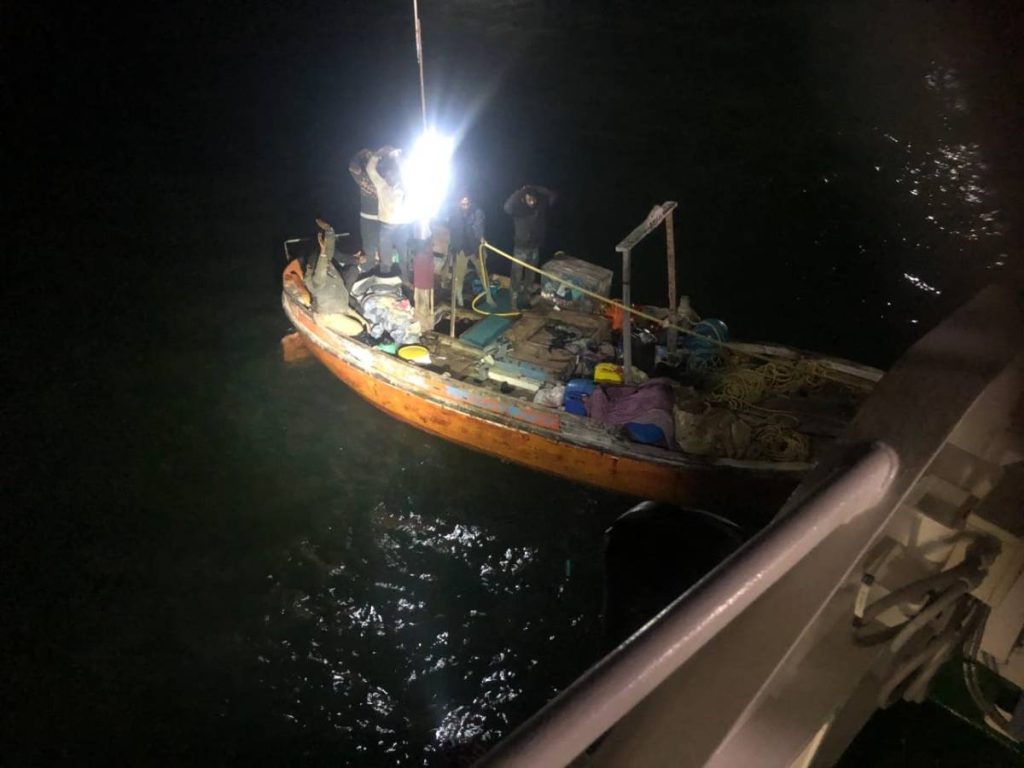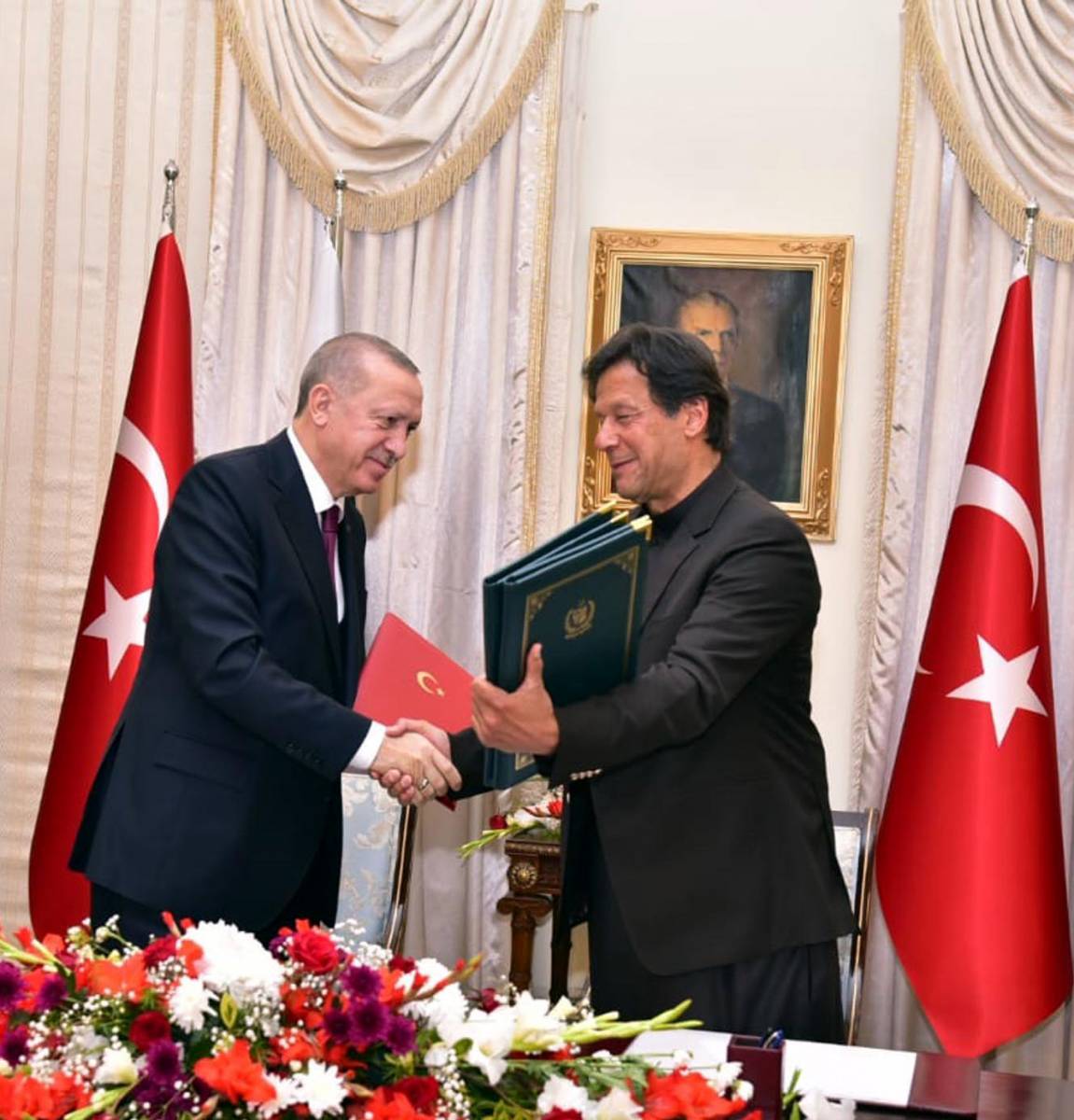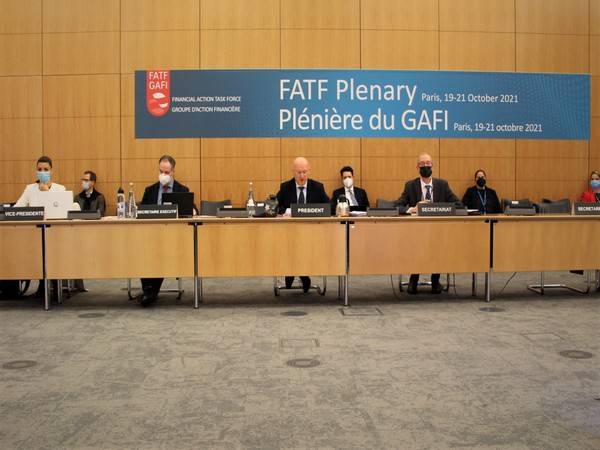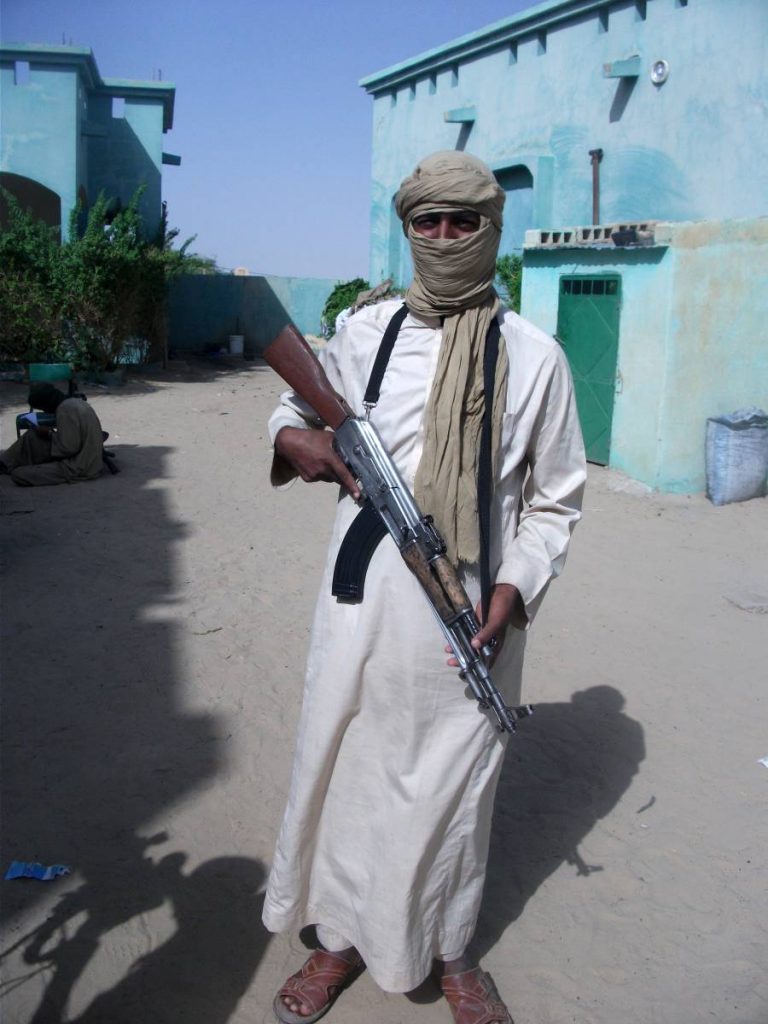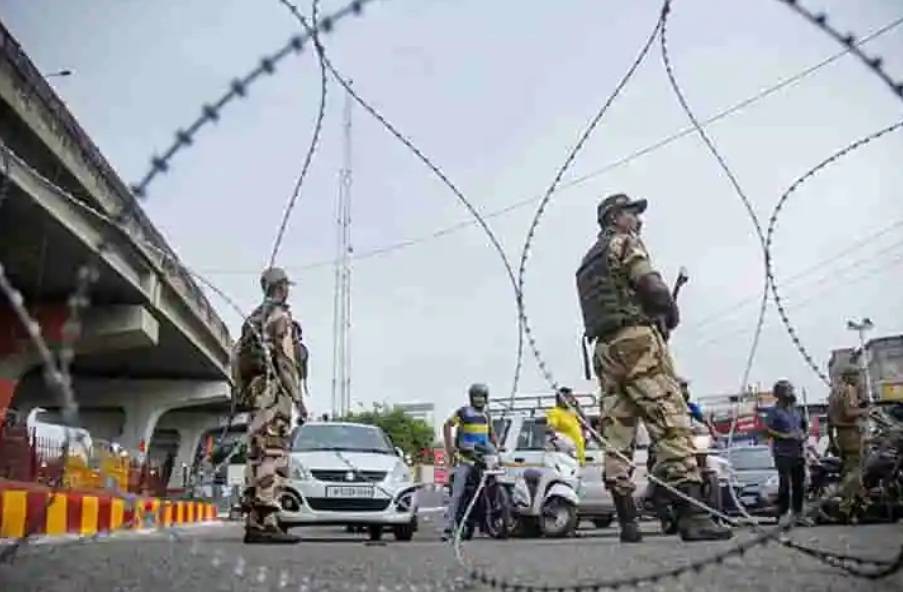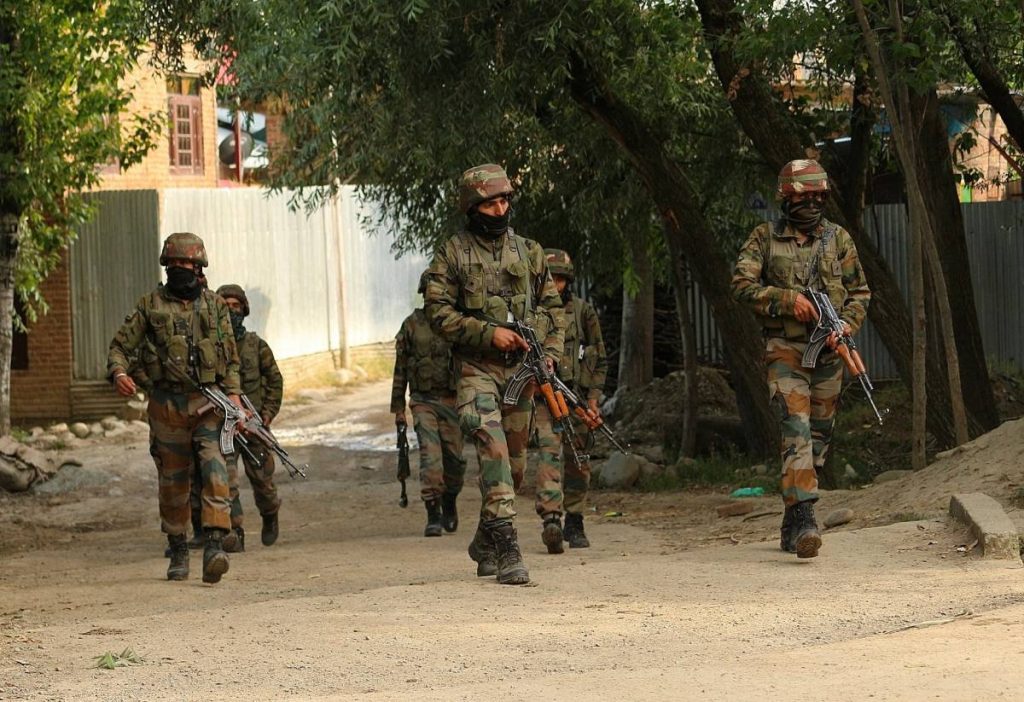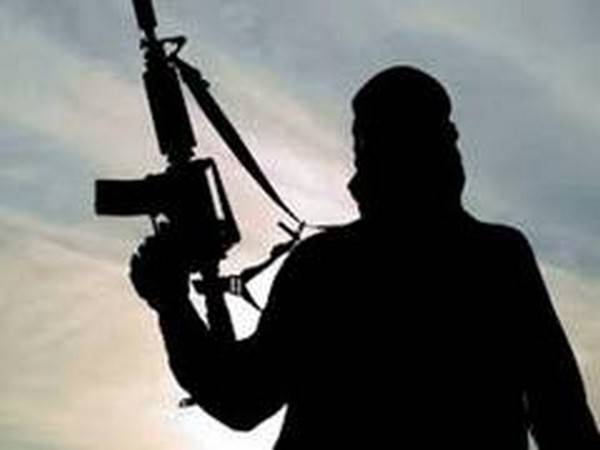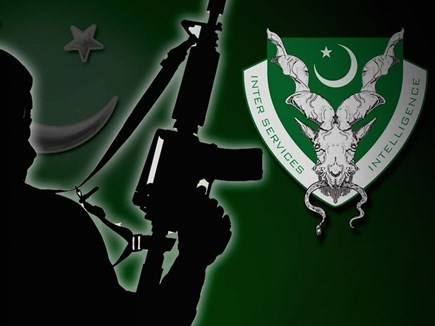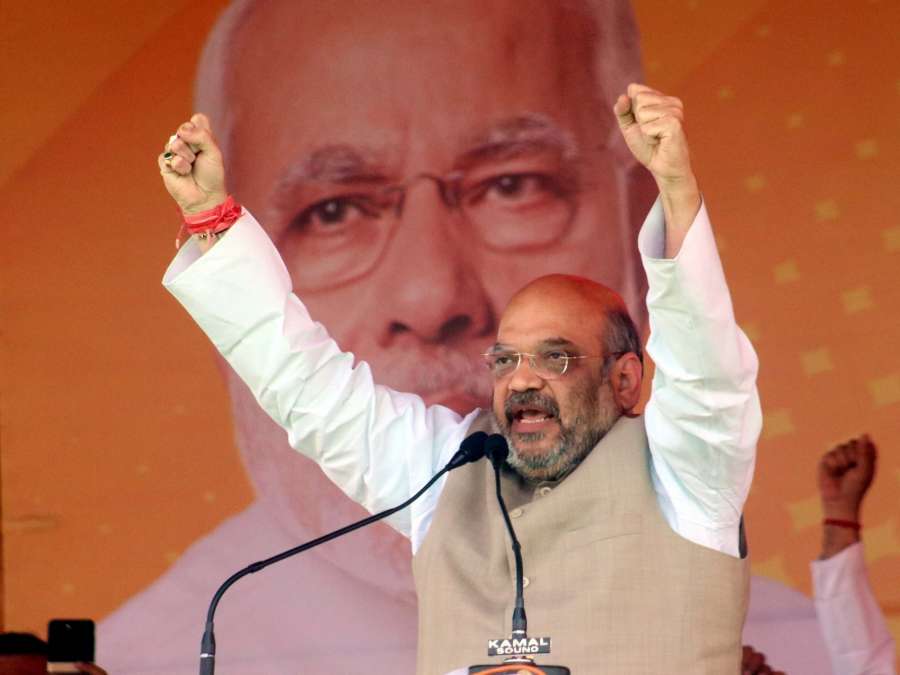The arrests triggered the alert especially after learning that the detainee had maintained contacts with a compatriot based in Barcelona….reports Asian Lite News
Giving body blow to the already settled radical Islam in the country, the National Police of Spain arrested five Pakistani citizens for encouraging their compatriots through social networks to assassinate those who raise their voice against them.
Police arrested the Pakistani citizens on February 21 in Barcelona, Gerona, Ubeda (Jaen) and Granada, according to a media report.
The detainees, all in their twenties, were sympathizers neither of the Islamic State (ISIS) nor of Al Qaeda, the groups to which practically all of those arrested in Spain are related, but of a radical Islamist group of Pakistan, the Tehreek-e-Labbaik Pakistan (TLP), with parliamentary representation and which advocates the implementation of Islamic law and execution of those who are branded as blasphemers, said the report.
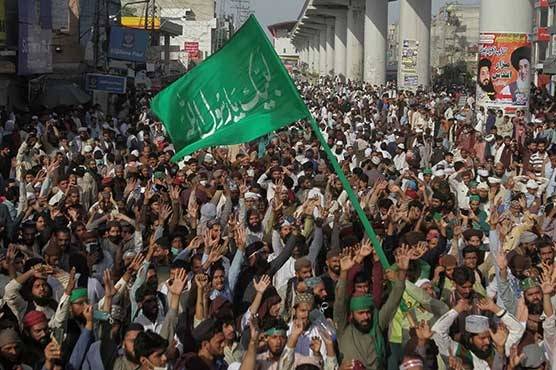
The judge of the National High Court Manuel Garcia-Castellon has ordered the admission to preventive detention of all of the accused on charges of collaboration with a terrorist organization, glorification and incitement to commit murders.
The investigation that has led to these arrests began after the attack in September 2020 on the former Paris headquarters of Charlie Hebdo. The satirical magazine had already suffered a jihadist attack in January 2015 in which eight persons had died.
In the second attack, in which two people were seriously injured, Zaheer Hassan Mahmoud, a 25-year-old Pakistani who assured that his intention was to attack the publication again for its decision to re-disseminate the cartoons of the Prophet Muhammad, was arrested. The French police investigation found links between Zaheer Hassan Mahmood and the Tehreek-e-Labbaik Pakistan, the media report said.
According to the report, that arrest triggered the alert among Spanish anti-terrorist experts due to the fear of being faced with a new terrorist phenomenon, especially after learning that the detainee had maintained contacts with a compatriot based in Barcelona.
The investigations have revealed that those now detained used social networks, mainly profiles on Facebook and Tik-Tok, as an authentic propaganda device in Urdu (the language spoken in Pakistan) through which they disseminated audiovisual material, in part created by them, in which they praised the terrorist attacks that were being committed both in Europe and in Pakistan against those they considered blasphemous, said the report.
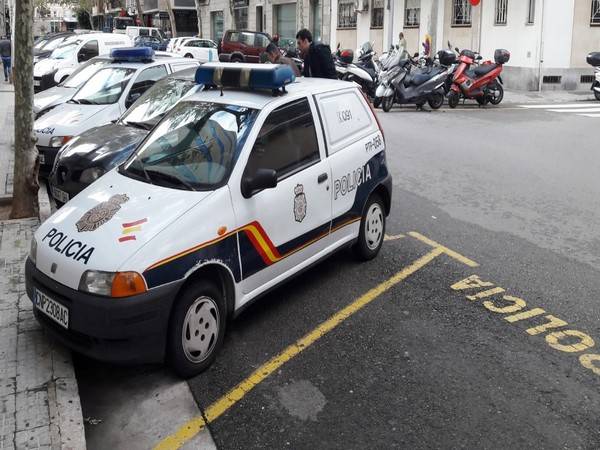
“They were very active and had numerous followers, and not only in Spain, but also in other European countries, such as France, Greece or Italy,” sources close to the investigation pointed out, according to the report.
It was the increasing reach of their radical messages that precipitated the arrests. The alleged leader of the group was arrested in Barcelona; another two, in Girona; one more, in Ubeda (Jaen); and the last, in Granada.
In the records of their homes, the Police have not located weapons or plans to commit a specific attack, but abundant jihadist material from the Islamic State in which threats against Europe and Israel were poured, according to the report.
“They considered the brothers Cherif and Said Kouachi [perpetrators of the attack against Charlie Hebdo] as heroes of Islam”, highlights the same sources.
The operation was carried out by the Barcelona Provincial Intelligence Unit and the General Information Police Station, the National Intelligence Center (CNI) and Europol, the EU agency for police collaboration. (ANI)



